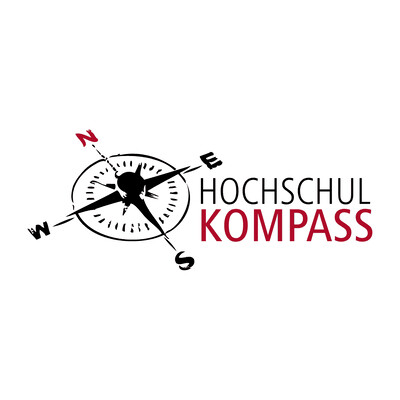Geography/ Earth sciencefull time
- Degree
- Teaching qualification for grammar schools
- State Examination
- Standard period of study (amount)
- 9 semesters
- Location
- Marburg
- Deadlines
- Please enquire
Overview and admission
Study Type
undergraduate
Admission semester
Winter Semester only
Area of study
Geography (Teaching Degree)
Focus
Cultural Geography, Physical Geography, Applied Geography and Environmental Protection, Regional Geography, Industrialised and Developing Countries Problems
Annotation
The study of the subject Geography in the degree programme Teacher qualification at the level of grammar schools is oriented towards the requirements of the practice of teaching Geography at grammar schools. The programme will impart the necessary subject-specific and didactic basics necessary for the practice of the teaching profession at grammar schools and allow for first experiences in school teaching practice under academic guidance. University education offers a broad spectrum of geography as a modern earth system science with the areas of physical and human geography as well as didactics, whose strengths lie in particular in the competent analysis of spatially effective structures and their dynamics in the area of the human-environment interface. Students are to be qualified on the basis of the acquired competences, i.e., knowledge, qualifications and attitudes, for academic work and socially responsible practice of the teaching profession. Prospective teachers are to be given job-related qualifications to analyse, plan, design and reflect on pedagogical processes in geography lessons at school. The subject of the course of studies in the natural sciences-oriented sub-area is, on the one hand, climate geography, and other areas of bio-, hydro- and soil geography and geomorphology in a process-oriented and networked approach to the environment and its dynamics. The socio-economically oriented human geography covers the areas of population geography, urban geography, economic and service geography and geography of peripheral areas, which are of overriding interest in a modern society in a global, regional and local context and which address spatially comprehensive action and its consequences. The interfaces in human-environment processes are explicitly considered and analysed. There is also a methodological component: The ability to visualise and evaluate spatial data is a competence that must be conveyed centrally. Methodological competencies in the field of statistics, geographical information systems or empirical social research are the supporting pillars for the entire geography. The subject of the didactics of geography is, among other things, the communication of spatially effective contents at the level of understanding of the addressees, usually students. The didactics of geography works both hermeneutically and normatively, increasingly also empirically. The following questions are the focus of interest: Scientific or societal orientation, position on reference sciences, value of social sciences and environmental education or the importance of methodology for the acquisition of key competences.
Admission requirements
https://www.uni-marburg.de/de/studium/vor-dem-studium/studienangebot/lehramt/erdkunde-la
Lecture period
- 22.04.2025 - 25.07.2025
- 13.10.2025 - 13.02.2026
Application deadlines
Winter semester (2025/2026)
Application deadline for Germans and inhabitants
Application deadlines: https://www.uni-marburg.de/bewerbungsfristen
Deadlines for International Students from the European Union
Application deadlines: https://www.uni-marburg.de/bewerbungsfristen
Deadlines for international students from countries that are not members of the European Union
Application deadlines: https://www.uni-marburg.de/bewerbungsfristen
Enrollment deadline for Germans and foreign students
Application deadlines: https://www.uni-marburg.de/bewerbungsfristen
Tuition fees
Tuition fees
Currently, the German federal state of Hesse does not charge tuition fees.
Languages of instruction
Main language
German

